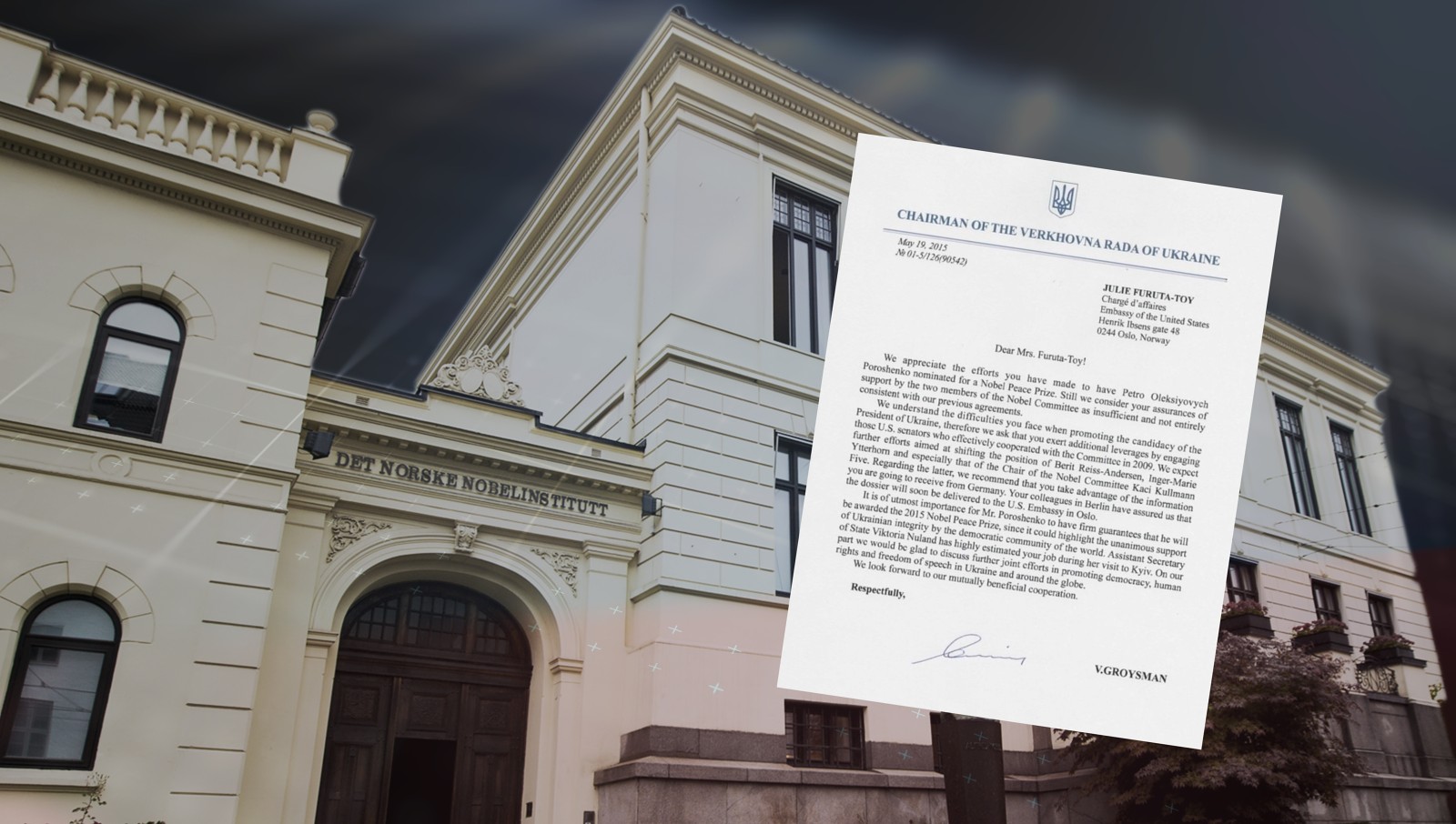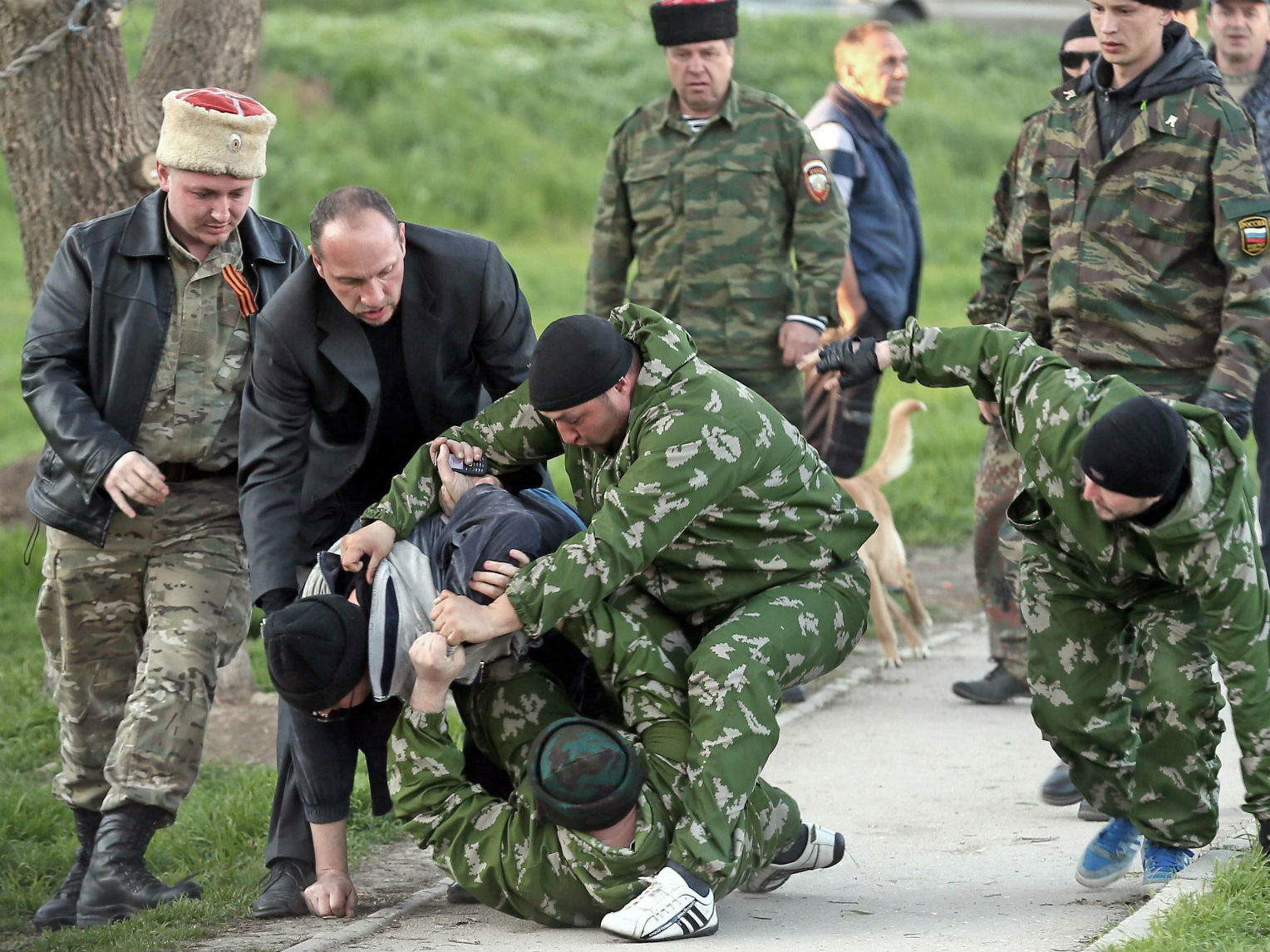“Erzya, as indigenous people in Russia, can survive the COVID-19 pandemic, but not the Russian repressive regime. International pressure on Moscow is the only vaccine that can save us from the last phase of ethnocide,” Syres Boliayen, Inyazor (Chief Elder) of the Erzya people, said at the 20th session of the UN Permanent Forum on Indigenous Issues held on 19-20 April.

For the first time in history, an official UN event heard an address delivered in the Erzya language. Syres Boliayen’s secretariat provided for translation from Erzya to English. The speech was broadcast on UN Web TV. National flags of Ukraine and Erzya stood behind the Inyazor. Taking into account that Russia commits persistent ethnocide of its indigenous peoples, including the native people of Crimea (Crimean Tatars) on the occupied Ukrainian Peninsula, Ukraine used its quota to give the stage to Syres Boliayen.
In his speech, Syres Boliayen excoriated the course of action the Russian Federation pursues with regard to national republics and indigenous peoples:
“Within the past 30 years, Erzya have been turned from a nation of a few million people into a small ethnic group on the brink of complete extinction. Not through war, epidemics or forced deportations. Our neighbors in the Idel-Ural region – Mokshans, Udmurts, Maris, Chuvashs, Bashkirs, and even Tatars found themselves in a very similar disturbing position. Native peoples in Russia are forbidden to have their own political parties, or even to study their mother tongue in secondary schools. Only dancing in national costumes is tolerated. Those who stand up for their rights are persecuted as extremists and become victims of punitive psychiatry.”
Why is it crucial for Ukraine to support the indigenous peoples of Russia?
According to Pavlo Podobied, Director of the Prometheus Security Environment Research Center,
“Ukraine should elaborate its own policy with regard to Russia and not only beg everyone around for a helping hand. Our strategy towards Moscow must be offensive and asymmetrical. We must become an advocate and voice of the indigenous people of Russia on the international arena.”
Podobied is convinced that the main danger posed by Russia is not Putin as an individual but an imperial nature of the state. Russia will cease to threaten Ukraine, Baltic states, Georgia, Kazakhstan, when its essence changes, and the enslaved people of the Empire will be given their voice and the right to self-determination. Only narratives about a different Russia will lead to its disintegration.
As of now, indigenous peoples take a back seat in the political playing field. Russia does so by the means of criminalizing their movements and organizations as well as incarcerating their most active political leaders. This is how they demolished the protest capacity in Russia. The native peoples are disenfranchised Russian residents and what is worse, they are not able to address their concerns on a state level. On their land, Russian authorities destroy forests, drill for oil, and dispose of the wastes. The indigenous peoples have addressed these and other issues, such as the impossibility of their political representation, problems of preserving their languages and identity, religious and economic challenges, to international organizations.
Ukraine's support for indigenous peoples of Russia in the international arena will help strengthen sanctions against Russia
In May 2019, the Parliament of Ukraine performed an act of parliamentary diplomacy to show solidarity to the peoples resisting Putin’s regime. It made a statement to the Parliamentary Assembly of the Council of Europe, United Nations Organization, NATO Parliamentary Assembly, Parliamentary Assembly of the Organization for Security and Co-operation in Europe, and national parliaments of world states condemning violations of the rights of indigenous peoples in Russia and on the occupied territories of Ukraine.
Hanna Hopko, Former Foreign Affairs Committee Head of the Ukrainian Parliament, had long advocated for Ukraine’s endorsement of indigenous peoples in Russia, commented on the significance of Ukraine’s support for the indigenous peoples of Russia:
“It is crucial for Ukraine that has become a contributor to European security, to also do its part in human rights protection. Because the matters of dignity and confronting inhumane measures of the Russian government are close to every Ukrainian heart. We cannot keep aloof… we should make sure the voice of those suffering from repressions is heard on the international platforms. This is how Ukraine can express its international legal capacity. This is the chance to not only roll with the punches but also defend those [indigenous people in Russia and Crimea] who in the bumpy run made a principled stand against Russian aggression towards Ukraine […] This is the sole purpose of Ukraine not only to uphold the [universal human] values on its territory but also ensure that the European continent and the whole world embrace these virtues. It is our moral obligation to take the floor and highlight the problems of these peoples.”
The speech of the Erzya leader at the UN is a substantial move from the Ukrainian side in backing the indigenous peoples of Russia subjected to ethnocide in the Russian Federation. But international solidarity with indigenous people in Russia and Crimea leaves much to be desired.
While western media overflow with sympathetic headlines about the poisoning of Russian opposition leader Alexei Navalny, they did not give much attention to the self-immolation of Albert Razin, Doctor of Philosophy, civic activist and representative of the indigenous Udmurt people of Russia, back in September 2019.

And whilst international leaders deeply regret the tortures of Navalny in Russian prisons, little is said about tortures Russian security forces use against Crimean Tatars, the indigenous people of the Crimean Peninsula, a part of the Ukrainian territory captured by Russia in 2014, to extract false confessions and silence their peaceful resistance to occupation. Among them is Raim Aivazov, a Crimean Tatar, who was illegally detained by FBS operatives and subjected to a mock execution in a remote field.






